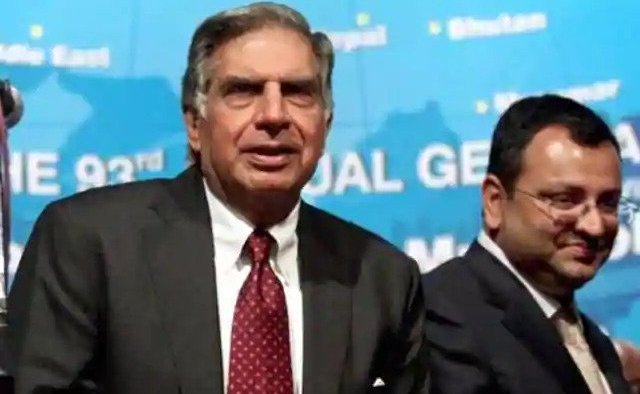Anushka Mansharamani
Senior counsel Shyam Divan, representing the Shapoorji Pallonji group, continues with his contentions.
He stated that the most crucial obligation that is imposed on the Director is of being a fiduciary and that the lack of probity is broader than the financial irregularities that exist.
He cited case laws on governance and fiduciary to support his arguments.
He goes on to mention the breach of articles that took place for the removal of Cyrus Mistry.
He stated that management is to be done by the board as per the articles and the termination by resolution.
He stresses on Section 166, which lays down the duties of the directors, and states that the directors may take advice but should act independently.
Two directors had praised Cyrus Mistry for his performance, and those two have not explained their conduct.
The bench observed that it intends to make a certain observation on the procedure to be followed by tribunals in the context of whether a plea before NCLT should have been amended by way of amendment applications or additional affidavits.
Divan stated that the selection of the chairperson is crucial, and Ratan Tata did not attend a single board meeting between December 2012 and October 2016.
He enlightened the court of the statutory restrictions that Tata Sons had between 1964-2000 for their vote on shares, and that was when Shapoorji Pallonji became their reliable vote, and they could sell their shares to SPG.
He further stated to establish the relationship between Shapoorji Pallonji and Tata group share during the public trustee regime.
He stated that the relationship was in good faith and “the only thing we asked for was a place on the board which is recognized under Companies Act of 2013.”
Lastly, stated that the removal of Cyrus Mistry was illegal and against the good faith that Shapoorji Pallonji group and Tata Sons shared.
The matter is listed to be heard on 17th December 2020.

